Research Stories
Filter by category
Filter by year
Filter by year
- Alloys
- Analytical Chemistry
- Anti-Cancer
- Chemical Biology
- Chemistry
- Clean Energy
- Energy
- Environmental Science or Biology
- Food Safety
- Materials
- Materials Chemistry
- Materials Science
- Mathematics
- Nanomaterials
- Photosynthesis
- Physics
- Rankings
- Renewable Energy
- RNA
- Solar Cell
- Spectroscopy and Imaging
- Sustainability
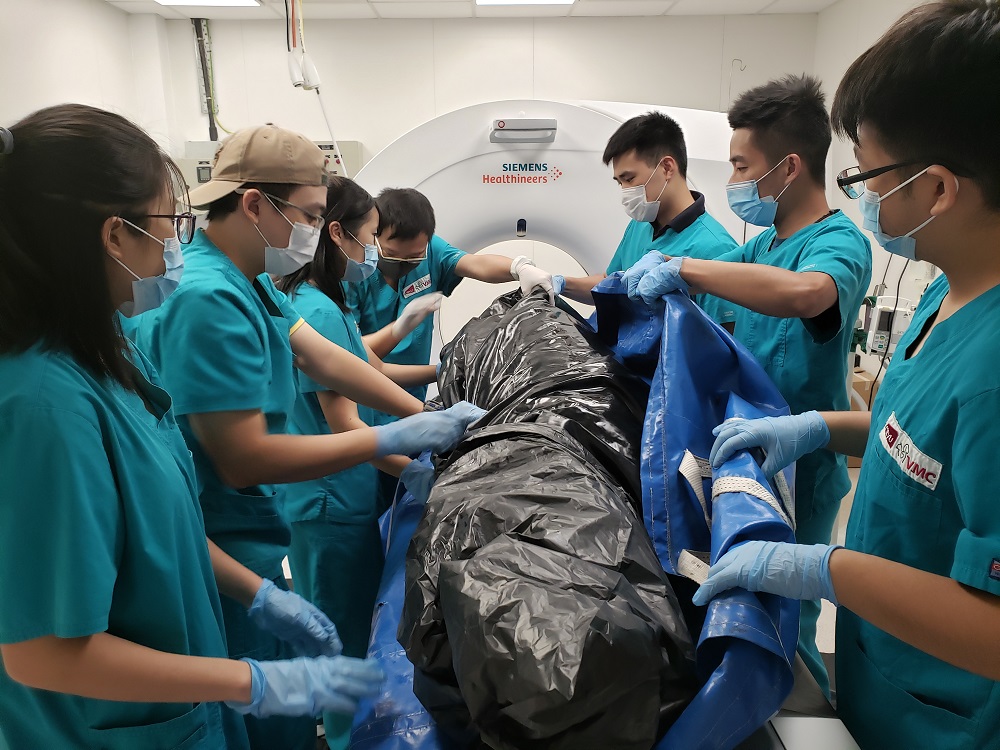
A research team from City University of Hong Kong (CityU) is the first team worldwide to routinely apply “virtopsy”, a pioneer dead body examination technique, on stranded cetaceans to find out their causes of death, health conditions, as well as the anthropogenic impact on their well-being.
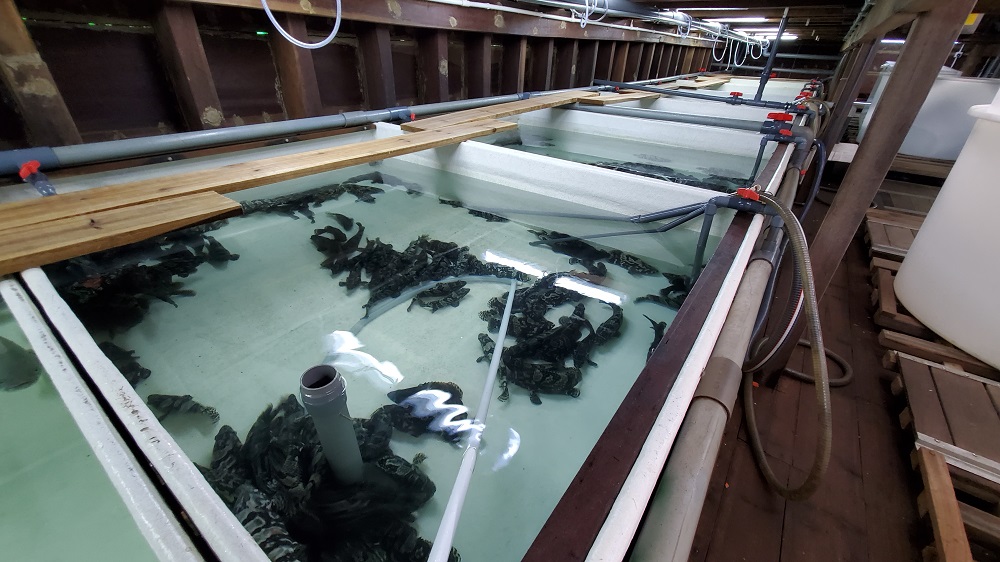
To protect the marine ecological environment and facilitate the sustainable development of the marine economy in Hong Kong, a CityU-led marine research team has developed a new aquaculture technique by establishing a floating, indoor weatherproof fish farm with a seawater recirculating system to replace conventional fish rafts.
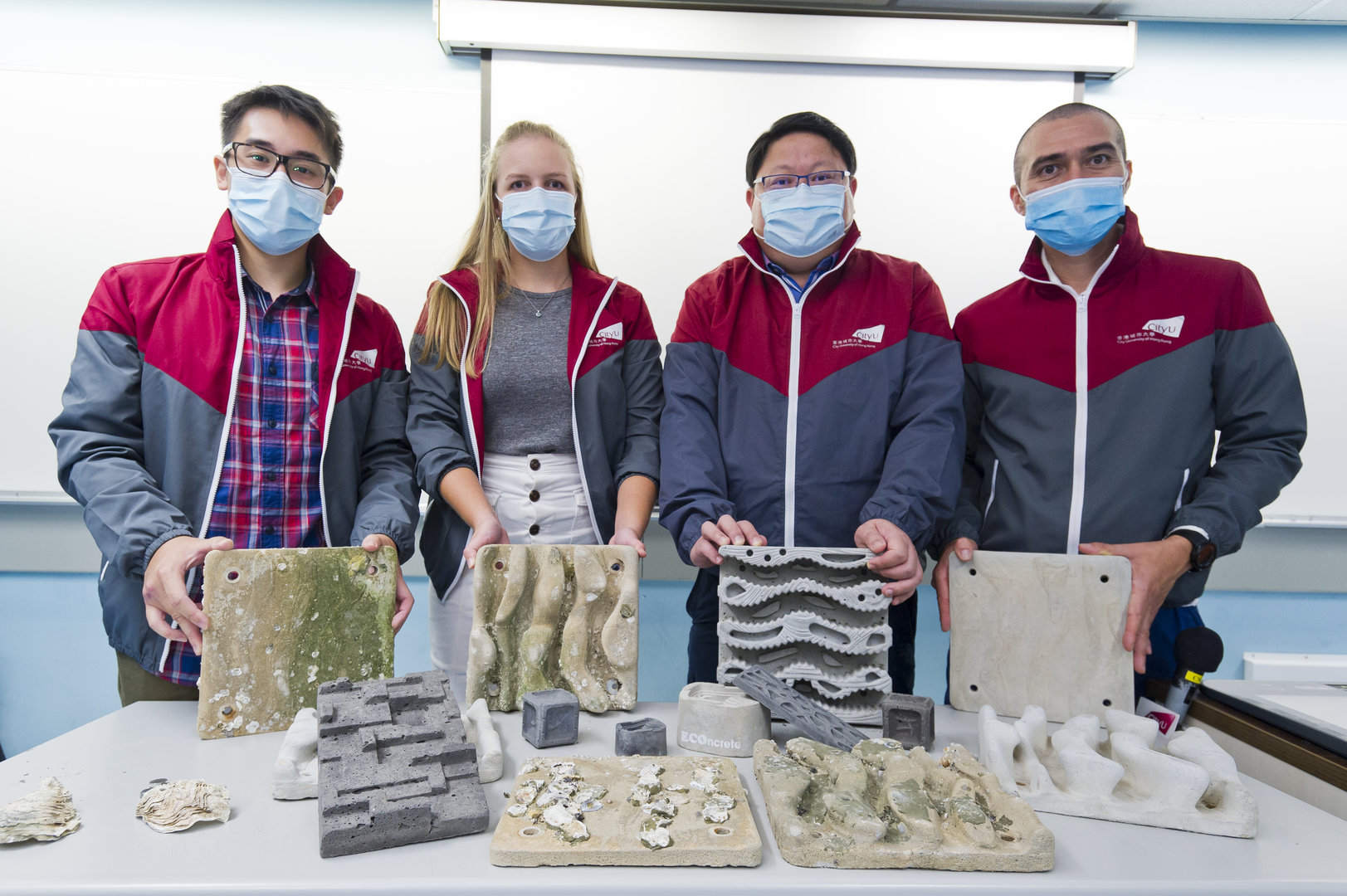
A joint-study led by a team of marine ecologists from City University of Hong Kong (CityU) has found that the eco-engineered tiles can increase habitat complexity on seawalls in Hong Kong, thereby effectively enhancing the marine biodiversity. The Hong Kong study is part of a global research project on the relationship between habitat complexity and marine biodiversity on human-built marine structures.
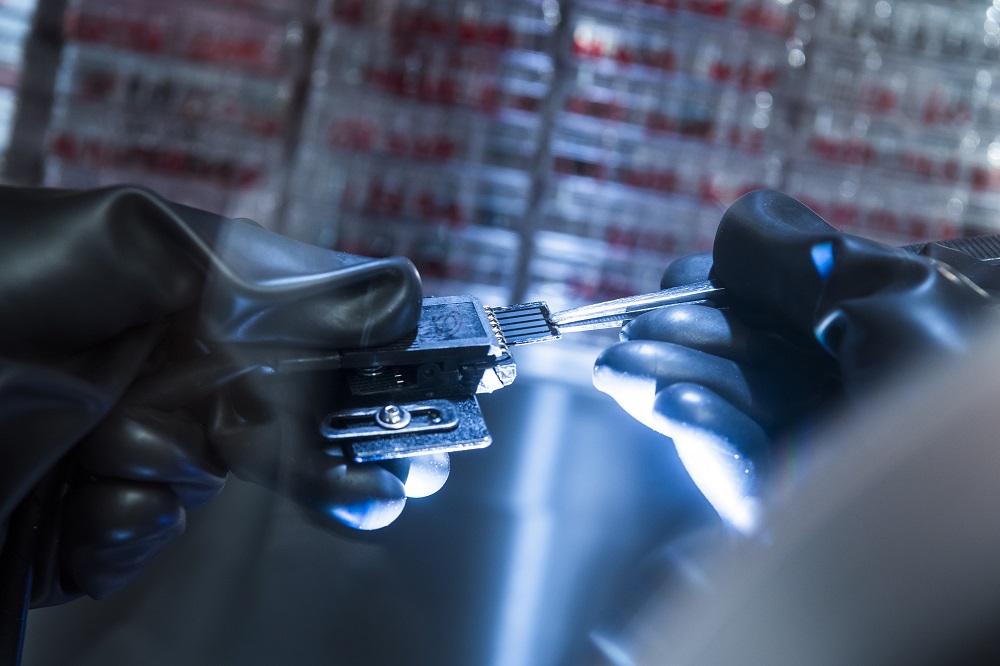
While the power conversion efficiency of perovskite solar cells (PVSCs) – a future of solar cells – has already greatly improved in the past decade, the problems of instability and potential environmental impact are yet to be overcome. Recently, scientists from City University of Hong Kong (CityU) have developed a novel method which can simultaneously tackle the leakage of lead from PVSCs and the stability issue without compromising efficiency, paving the way for real-life application of perovskite photovoltaic technology.
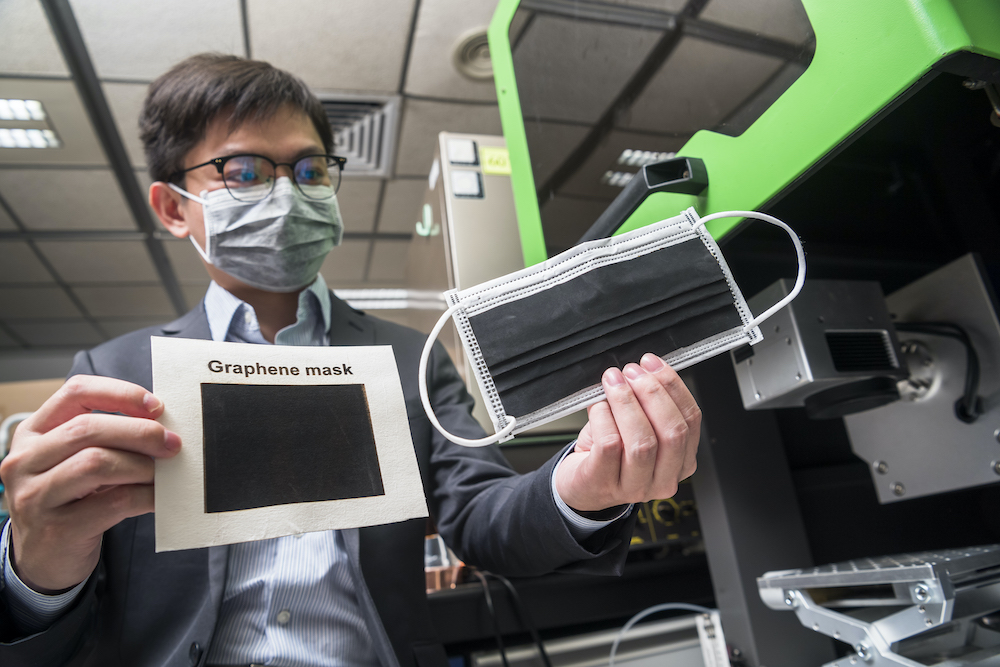
Face masks have become an important tool in fighting against the COVID-19 pandemic. However, improper use or disposal of masks may lead to “secondary transmission”. A research team from City University of Hong Kong (CityU) has successfully produced graphene masks with an anti-bacterial efficiency of 80%, which can be enhanced to almost 100% with exposure to sunlight for around 10 minutes.
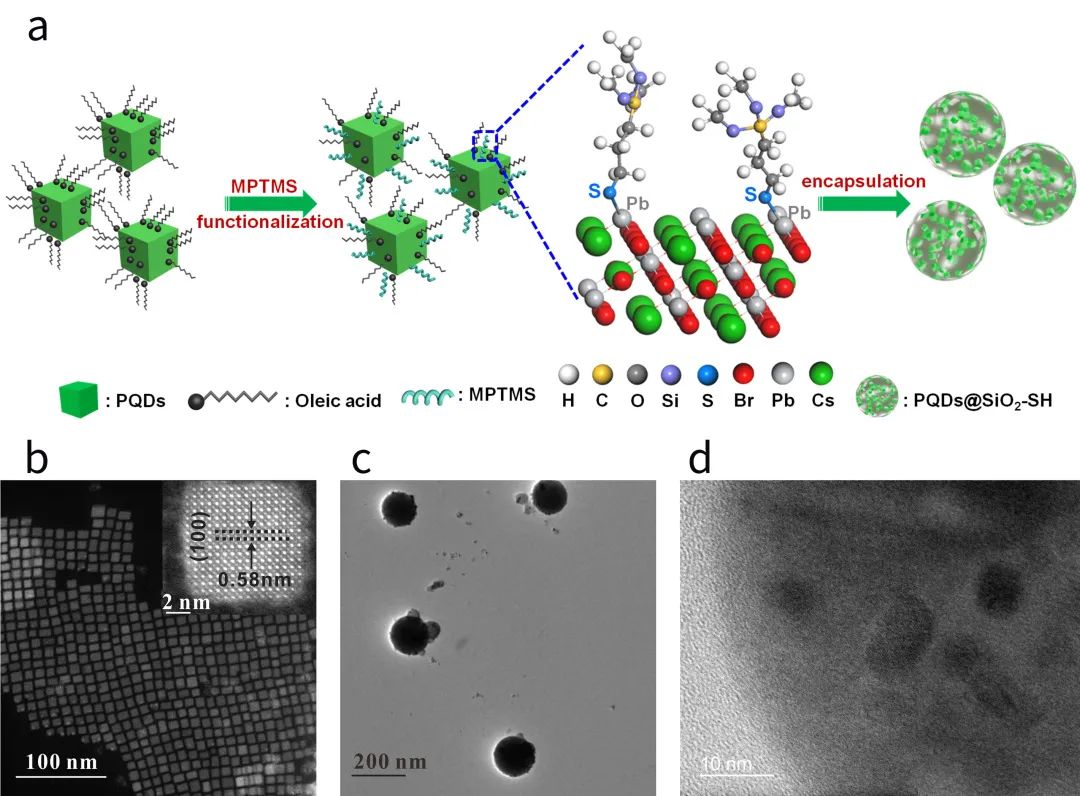
Lead halide perovskite semiconductors exhibit superb optoelectronic properties and have been broadly applied in research fields like solar cells, photoelectric sensors and laser devices. However, the weakness of easy degradation in water hinders the application of perovskite semiconductors. A research team led by scientists from City University of Hong Kong (CityU) has developed a novel synthesis method of perovskite materials to overcome this problem.